
Lead without Blame
Building Resilient Learning Teams
Recommendation
Playing the blame game or shaming workers who make mistakes doesn’t solve workplace problems, it creates them. Employees who feel accused or embarrassed become fearful and resentful – or they quit – instead of trying to solve problems. Agile expert Diana Larsen and leadership adviser Tricia Broderick provide a blame- and shame-free approach leaders can use to address issues and move people ahead without acrimony or recrimination. They explain how to put three powerful team motivators – “purpose, autonomy and a team’s shared co-intelligence” – to work. They delve into ways you can minimize conflict and power plays while fostering your team’s learning, resilience and results.
Summary
About the Authors
Diana Larsen is a co-founder, coach, mentor and consultant at the Agile Fluency Project. Tricia Broderick is a leadership adviser and motivational speaker.





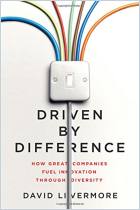
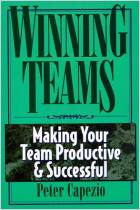
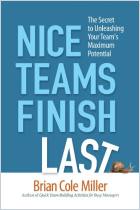
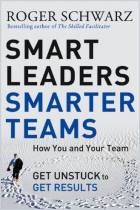
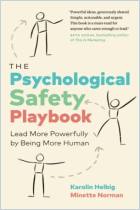
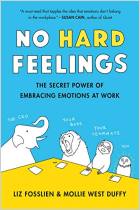



Comment on this summary